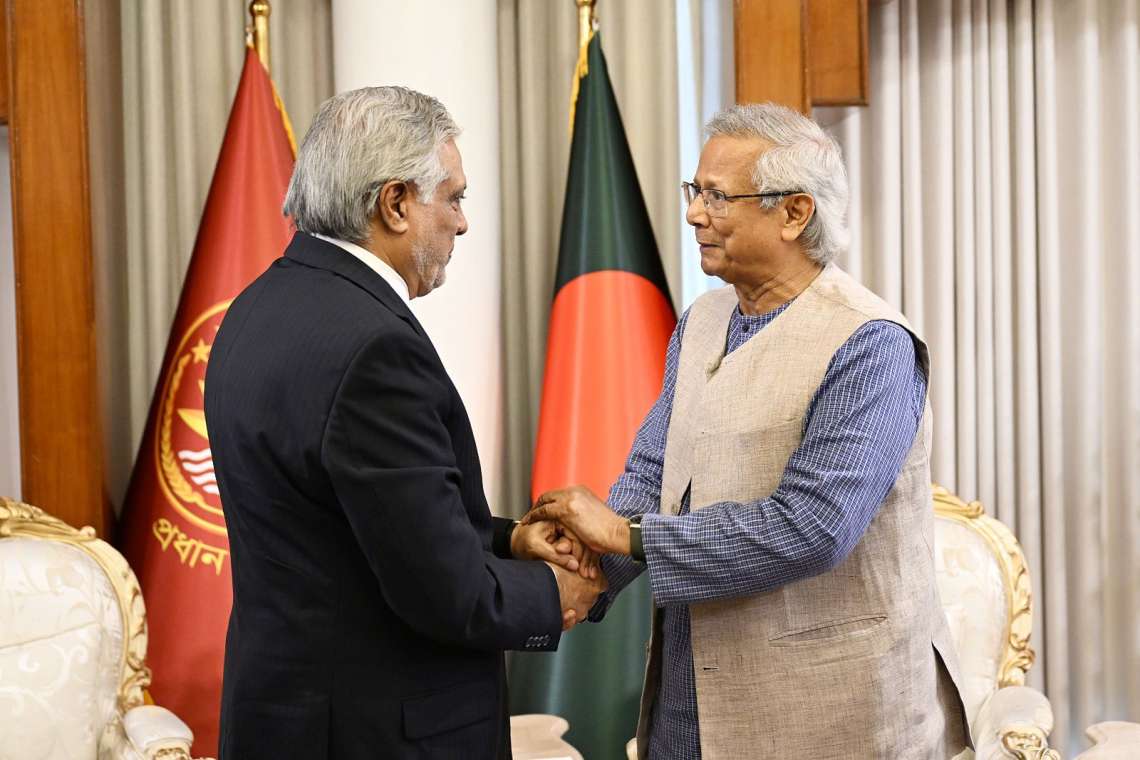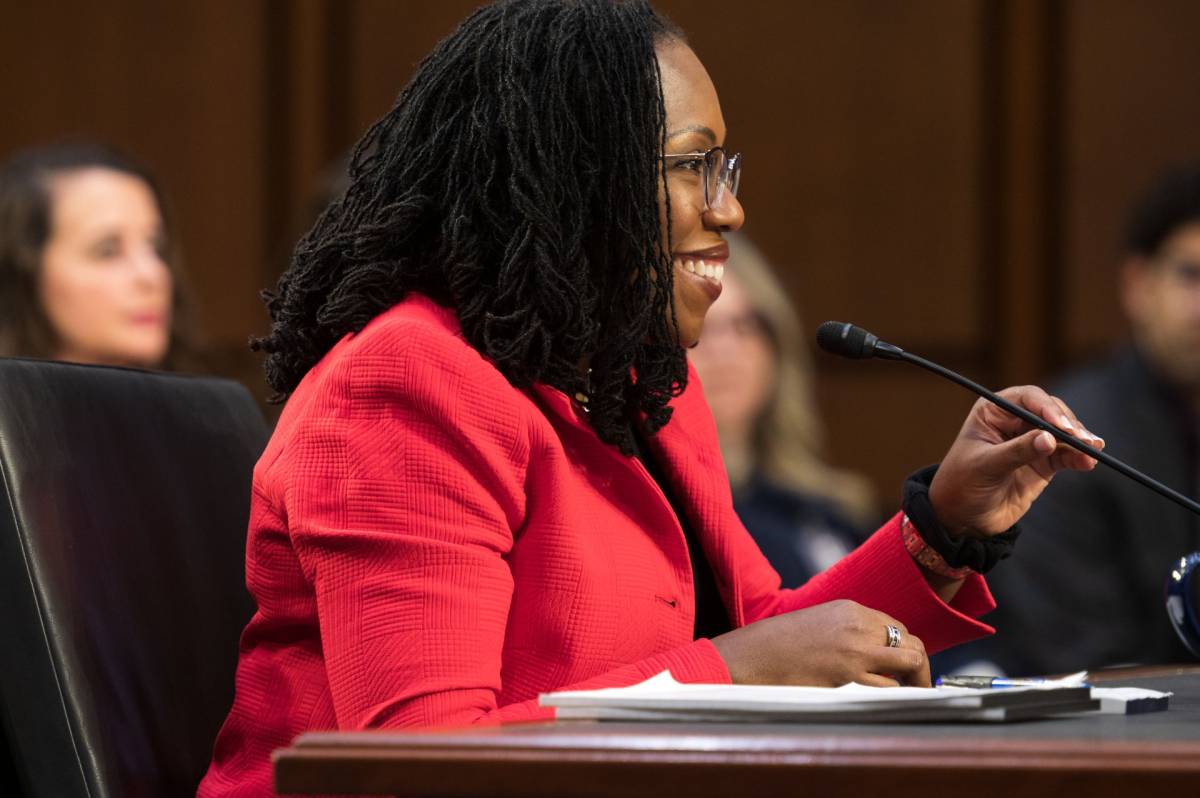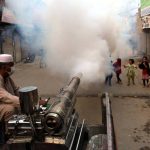“It still depends upon New Delhi, London, and Washington to decide what should be the post-Pakistan scenario or what would be the fates of the Baloch, Sindhis and Pashtuns.” – Dr Naseer Dashti in conversation with Rahul Kumar
The first thing that strikes you about Dr Naseer Dashti-foremost Baloch intellectual and author, is his carefree and cheerful nature. He loves to laugh at his banter. He starts a conversation with ease, even with a stranger, even if he must be playfully sarcastic.
Outside the London Bridge train station, under the shade of the Shard, our conversation starts with, “I know you Indians have an obsession with Turko-Mongols, so I will take you to a Turkish restaurant to eat”. Finding no good reason to find favour with Turks, given today’s tumultuous geopolitics, I question him on his statement.
Without batting an eyelid, Dashti retorts: “Of course, you love the Turks-you have cities named after their marauders and plunderers, your media glorifies Turkish invaders like Shahjahan and Akbar, you even have structures, cities and roads named after Turkish slaves who ruled India for a while, and you have adopted Turkish foods as Indians…”, and he reeled off a few more examples.
The second thing that strikes you after some time is that he holds contrarian views about international relations and global politics. Like the other Baloch leaders in exile, Dashti misses no opportunity to make fun of Pakistan. “Pakistan was purposely created as a client State to serve the interests of the British empire. The welfare of people or the socio-economic up-gradation of the region was not the agenda for the creation of Pakistan”, he says with effortless ease but with firm conviction.
While in Pakistan, he had published two books in Quetta-the capital of conflict-torn Balochistan which borders Afghanistan and Iran. The phobia-driven Pakistan government banned the books after labelling them anti-Islam and anti-Pakistan. Once the government levied the dreaded blasphemy charges against Dashti, he knew it was time to find a sanctuary. So, in 2008, he fled Pakistan for the safety of the UK.
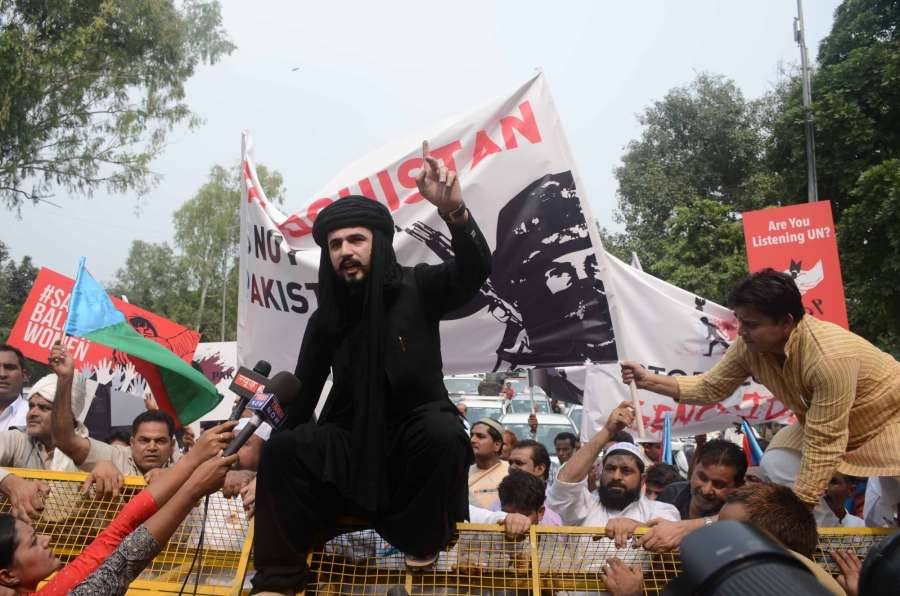
Excerpts from the interview:
What is your view of the Baloch struggle?
Dashti: The Baloch national struggle is moving forward at a slow pace. Many internal and external factors are hampering its progress. However, I don’t believe in the contention of many critics and analysts that it is directionless. On the contrary, I think it will ultimately overcome its weaknesses and be in a position to gain its objectives.
Pakistan has come down heavily on the Baloch resistance through the brutal use of force. The Pakistani army has made Balochistan a war zone. The land has been under an undeclared martial law for many decades.
Then there are divisions and mistrust among the Baloch nationalist groups. Some analysts believe that there is political disorientation among the resistance groups. Political mobilisation in Balochistan has become impossible because of the brutalities of the security apparatus of Pakistan.
The material support for a protracted war in the Baloch national struggle is not according to the need of the resistance. For the moment, the external support necessary for the success of any national liberation struggle is not visible.
Despite all these weaknesses, the will of the Baloch people to throw away the yoke of slavery is strong. They will keep resisting the occupation forces.
But there have been large-scale attacks on the Pakistani military by Baloch armed organisations. Also, the Baloch groups are believed to be using modern weapons bought from the Taliban in Afghanistan.
Dashti: Armed resistance and political mobilisations are two parts of a national liberation struggle. Their combined objective was to persistently target the financial and strategic interests of the colonial power until the occupation forces were tired or the colony became ungovernable.
In my opinion, isolated events are part of the game but not the whole thing. There will not be a significant impact until you strike the enemy daily. The Baloch national resistance still needs to grasp the realities of a protracted and exhaustive war against the colonial power.
Regarding getting arms from the Taliban, it is a socio-historical fact that everything is for sale in Afghanistan – friendships, enmity, fighting force, Mujahideen, Taliban and weapons. The Taliban may have sold the weaponry to the Baloch parties. But any kind of weapon is available in the international market. If you have the money, you buy them. So, the Baloch might have purchased some weapons. Although I am not an expert in this field still, according to my knowledge, the Baloch fighters use only simple weapons – grenades, Kalashnikovs and rocket launchers, nothing sophisticated.
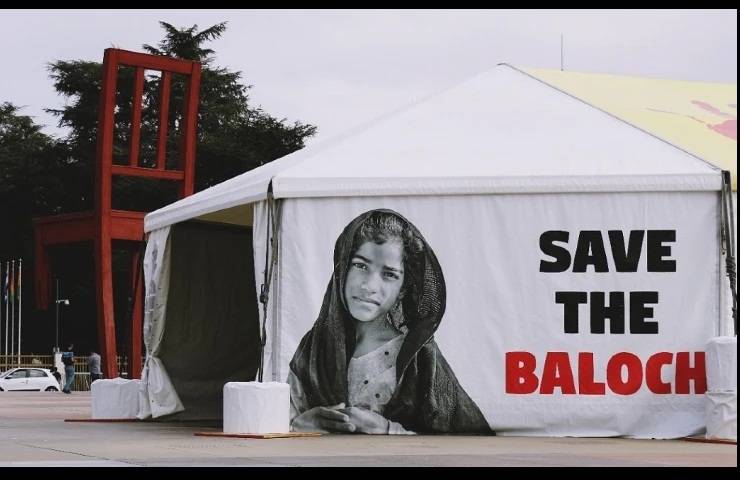
The China-Pakistan Economic Corridor (CPEC) is in shambles. The Baloch seem to have inflicted heavy damage to the mega-project through their attacks on Chinese nationals.
Dashti: The Baloch resistance has had some impact on the progress of CPEC, but in my opinion, CPEC has become a thing of the past. There are other factors involved in its inglorious demise. While we analyze Pakistan’s economic and political situations, we must keep in mind that this Allah-given country is not an independent State. Socially, politically, and economically, it is highly dependent on the West’s support, led by the USA and the UK. You have to understand that the West controls everything in Pakistan, not China.
Do you know how many Pakistani generals have homes in Shanghai or other Chinese cities? But nearly every serving or retired general in Pakistan bought businesses and homes in the West. Their salaries come from the IMF and World Bank. And political and moral support for the military rule in Pakistan has always been forthcoming from the western democracies.
In the disguise of CPEC, the fundamental objective of the Chinese was to make Gwadar a strategic base. In many ways, the Gwadar port project became the main causative factor in the demise of CPEC. The Middle East is a sensitive piece of land for the West. They do not want anything to harm their interests in the Gulf.
They do not want China to reach the Indian Ocean-which is still a historical and perhaps a psychological obsession for the Western powers. If we go back to the history of the colonial era, in this region, India was essential for the prosperity of the colonial power. Now it is the oil in the Persian Gulf. Therefore, they are sensitive to this. The West cannot afford to let China have a naval base in the mouth of the Persian Gulf, which in a way, is still the lifeline of Western industrial nations.
But China which has invested so heavily in CPEC will not let go of its investments in Pakistan.
Dashti: China has not invested anything in CPEC. All of it is a loan to Pakistan with high-interest rates. China has been expanding its colonial influence in Asia and Africa by adopting the role of a moneylender. Except for these loans and political rhetoric of eternal friendship, the factual position is that there is nothing socially, politically, linguistically, religiously and historically common between Pakistan and China.
We should bear in mind that China cannot confront the West. It cannot afford to lose the lucrative markets in the West. China’s strength lies in selling cheap goods to Europe and the Americas.
After the demise of CPEC, China will pressure Pakistan to pay back its debts, and we have to see where Pakistan gets the money to pay back the Chinese.
Talking of religion, Pakistan is an Islamic State. So why has Islam not been able to bind its people together in the Islamic Republic of Pakistan?
Dashti: Religion has never been a binding factor in politics involving different nations. People and nations prophesied the same religious and mythological beliefs and fought bloody battles in Asia and Europe.
Take the example of Europe. Christianity did not unite Europe. Similarly, the Sindhis, the Baloch and the Pashtuns did not want Pakistan. The academics of the British Empire created the theory of Muslims as a nation in the 19th century to counter the Russian moves toward central Asian Khanates, whose population was mainly Muslims. Later, this theory was used in the division of India after retaining Indian colonies became untenable. Is it not amazing that the Christians, Buddhists and followers of other faiths in India were not declared as nations, and no land was allotted to them.
In Pakistan, the Sindhis, the Baloch, and the Pashtuns do not have anything in common with the ruling Punjabi Muslims. They are separate nations but are not strong enough to fight the Pakistani army. To free themselves from the clutches of Pakistan, they need two things-a protracted struggle and support from outside. External support is imperative because there is no example in history where nations have been able to gain independence without external support.
However, in some examples, subjugated nations become independent because colonial powers implode. And Pakistan is moving in that direction at a fast pace.
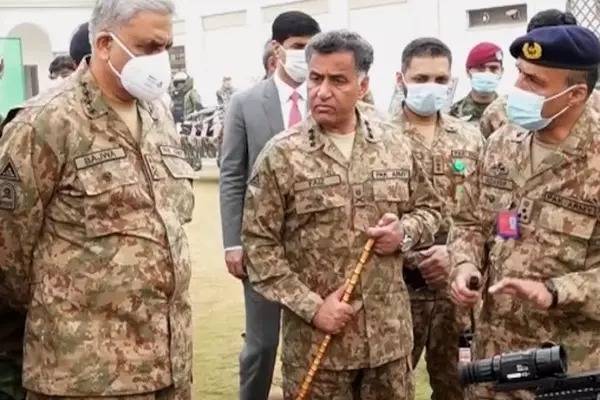
Are you trying to say that Pakistan faces an existential threat?
Dashti: Yes, the implosion of Pakistan is imminent.
The West has been sustaining Pakistan for 75 years, but now it is not in a position to sustain it further. When the West needed Pakistan, it was included in the Central Treaty Organisation (CENTO) and the Southeast Asia Treaty Organisation (SEATO). Now it appears that Pakistan has exhausted its utility for the West. The West is now beginning to align with India in various ways, and if things go smoothly in this direction, they might not need Pakistan anymore.
Western taxpayers might not be able to afford billions of dollars to feed the Pakistani army. We should remember that the only binding force in Pakistan is its army. It is an army which is genetically mercenary. Without perks and privileges, the military will not fight against the Baloch, Sindhis, and Pashtuns. With this, Pakistan will eventually collapse. But it still depends upon New Delhi, London, and Washington to decide what should be the post-Pakistan scenario or what would be the fates of the Baloch, Sindhis and Pashtuns.
Why do you undermine China-that it will give up on CPEC and cannot take on the West?
Dashti: I think China is not as strong as people think. The Chinese power is a myth created after the fall of the Soviet Union led by a section of the Western establishment through their academics. According to their assessment, China, India, and Islamic terrorism were the potential rivals of western hegemony. Things have changed now. India is now an ally of the West. Even Islamic terrorism has been toned down. Iran, Iraq, Afghanistan, and Syria cannot create problems in the Western capitals. With the implosion of Pakistan, the threat of Islamic terrorism will evaporate altogether.
China will be encircled and tamed. People think China is strong because of its economy, primarily selling cheap goods to the US and Europe. But trade can be managed and controlled by the West in many ways, for example, through tariffs and taxes.
China is not a superpower militarily. I think it is still a unipolar world with the US and its European allies controlling the world strategically and financially.
(The content is being carried under an arrangement with indianarrative.com)





